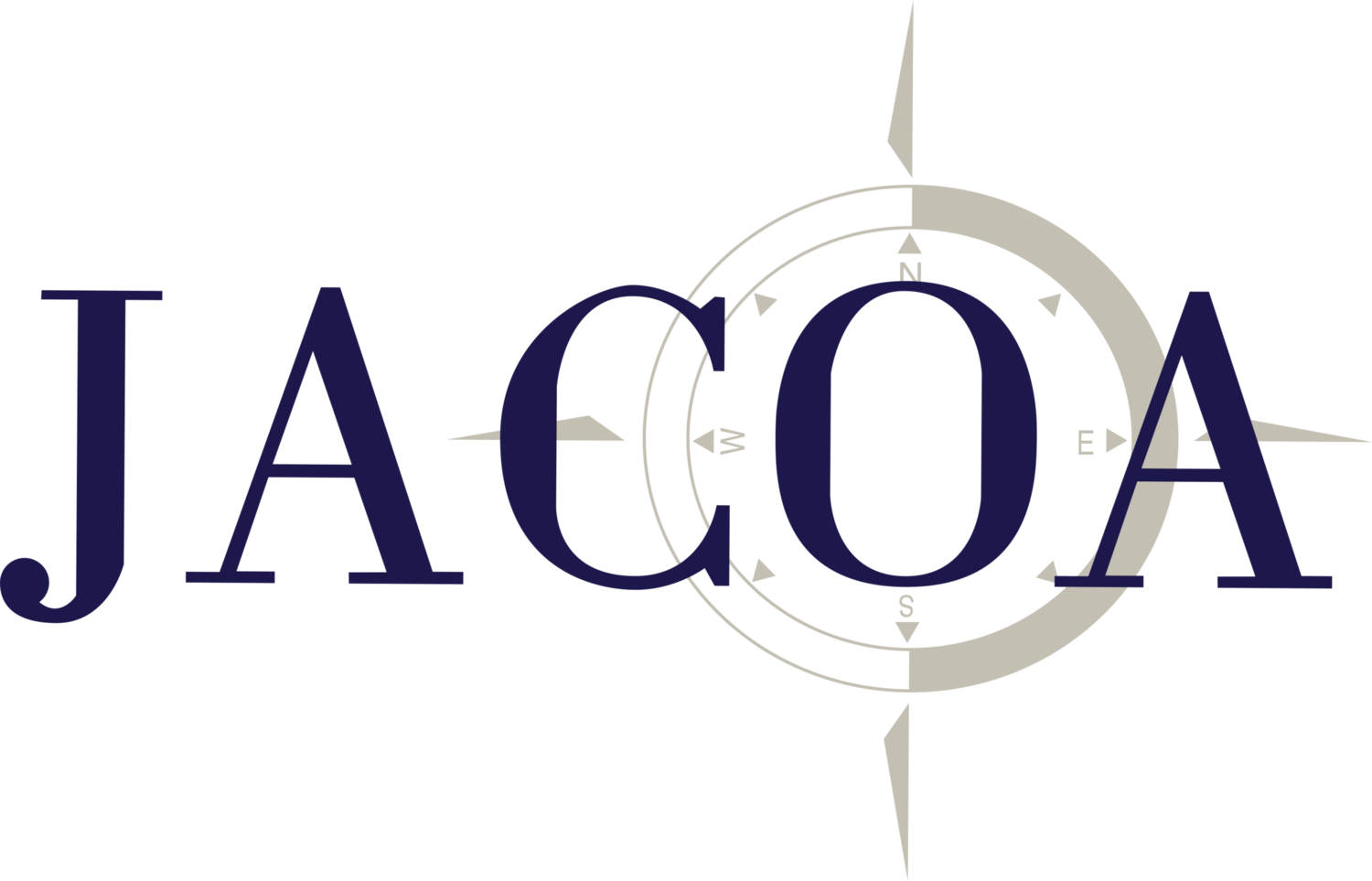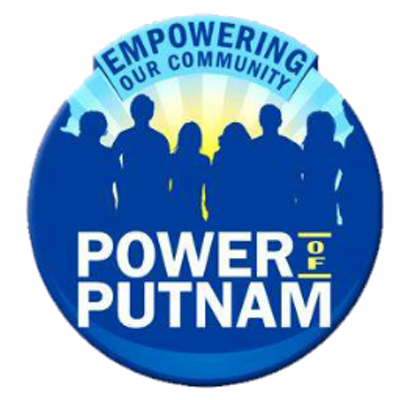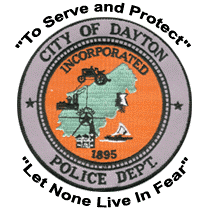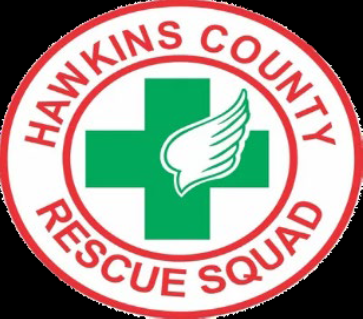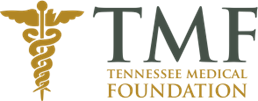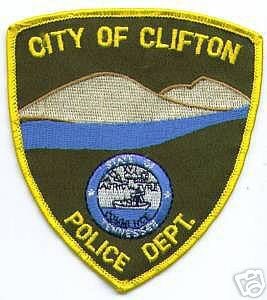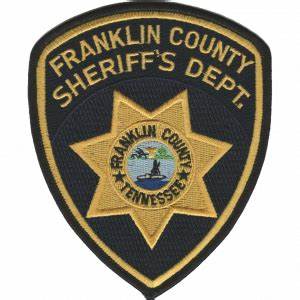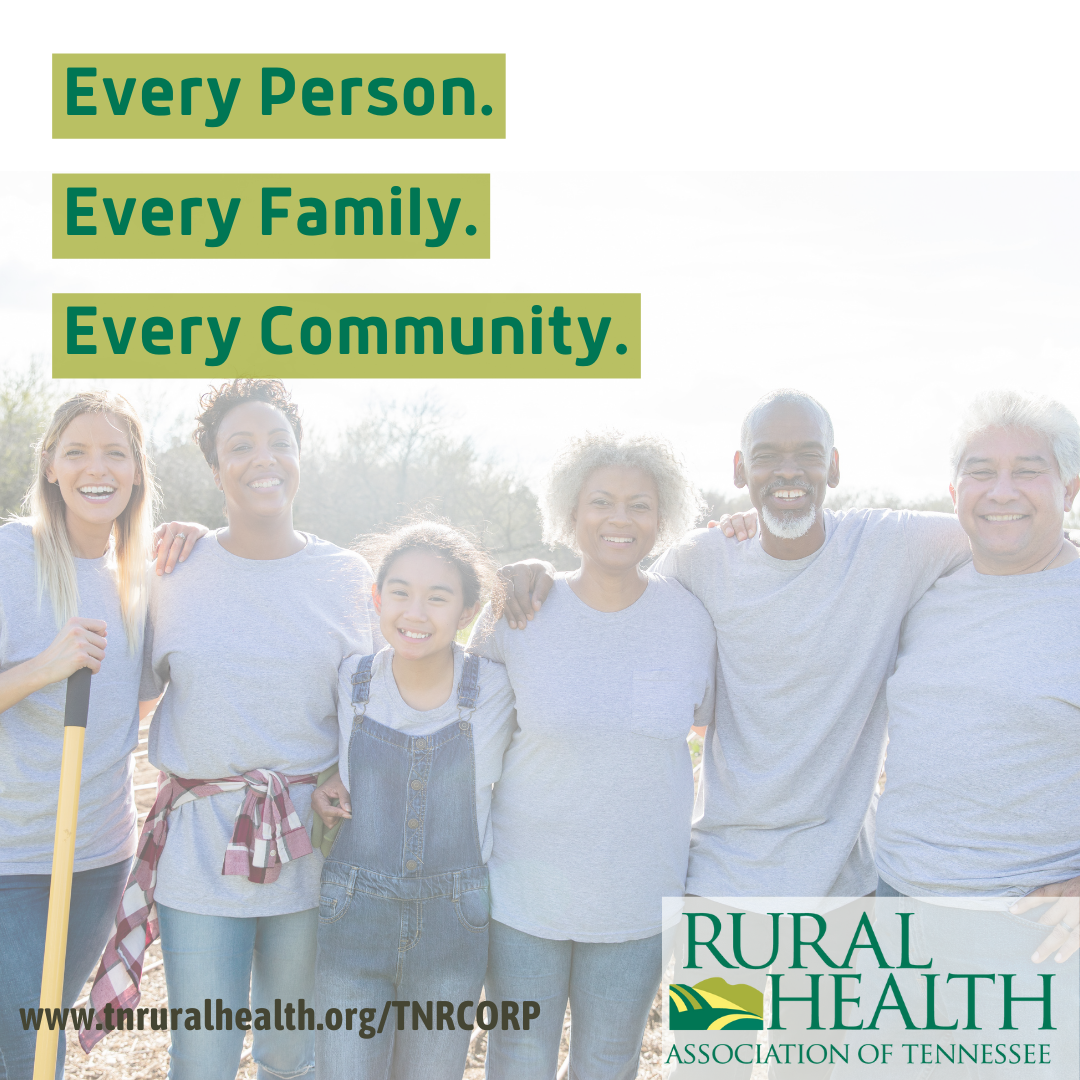 Tennessee Rural Community Opioid Response Program (TN-RCORP) Tennessee Rural Community Opioid Response Program (TN-RCORP)
RHA strengthens rural communities by expanding knowledge, capacity, and connection around substance use prevention, treatment, and recovery. Through the TN-RCORP initiative, we support naloxone distribution and training, sponsor Certified Peer Recovery Specialist (CPRS) education, and train more than 500 Tennesseans each year on mental health and substance use disorder topics. Our approach emphasizes practical education, strong local partnerships, advocacy, and linking communities to state and national resources.
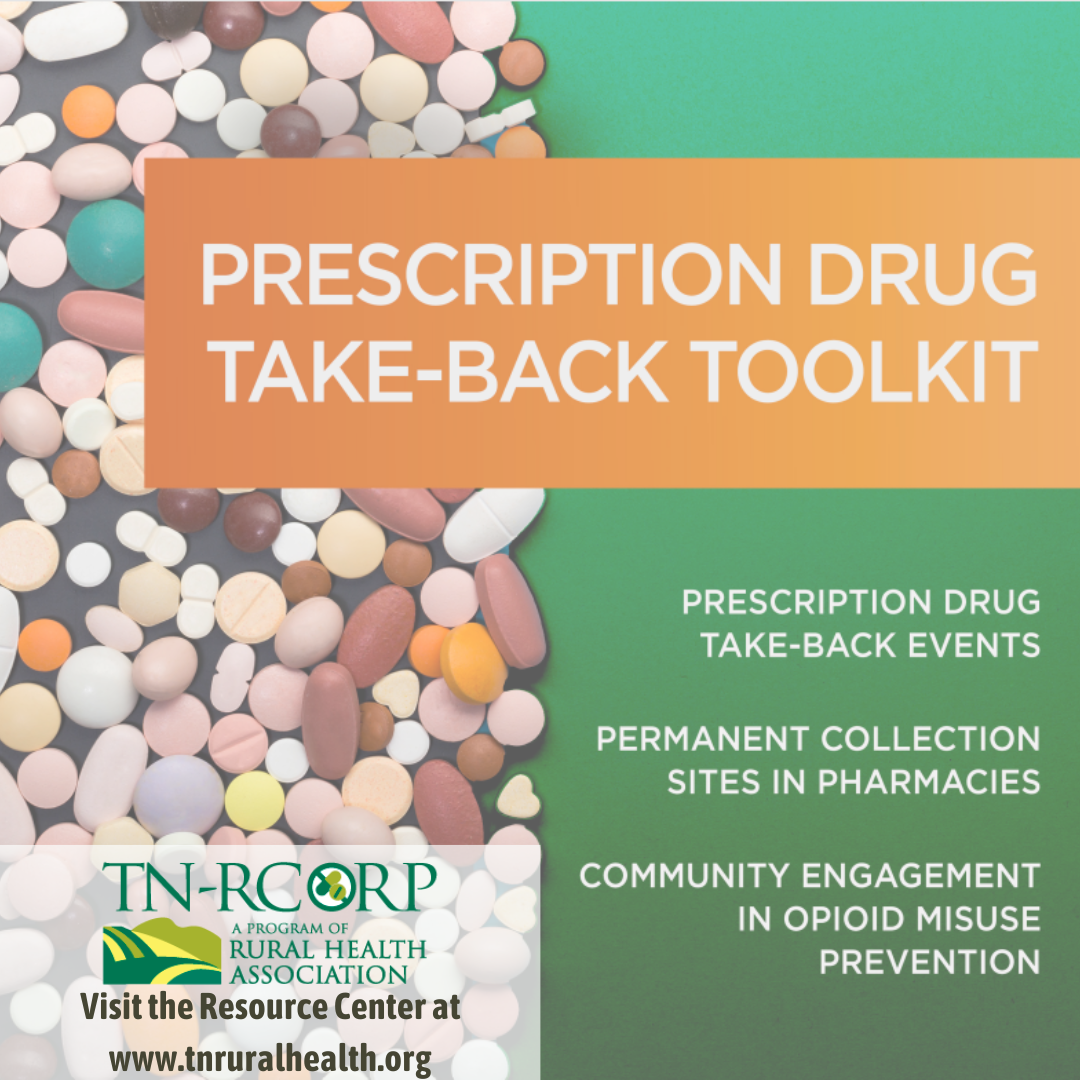
Prescription Drug Take-Back Toolkit: A Community Guide to Diversion Control & Pharmacy Engagement
Developed in partnership with the University of Tennessee Health Science Center (UTHSC) College of Pharmacy, we've developed a Prescription Drug Take-Back Toolkit and training videos for pharmacies, prevention coalitions, and others interested in the below Opioid Use Disorder (OUD) prevention strategies:
- Strategy #1: Prescription Drug Take-Back Events
- Strategy #2: Permanent Collection Sites in Pharmacies
- Strategy #3: Community Engagement in the Prevention of Opioid Misuse
Thank you to our many TN-RCORP Members and Consortium Partners!
TN-RCORP Consortium Members
We thank the following organizations who have consulted this program and/or carried out TN-RCORP activities.
|
